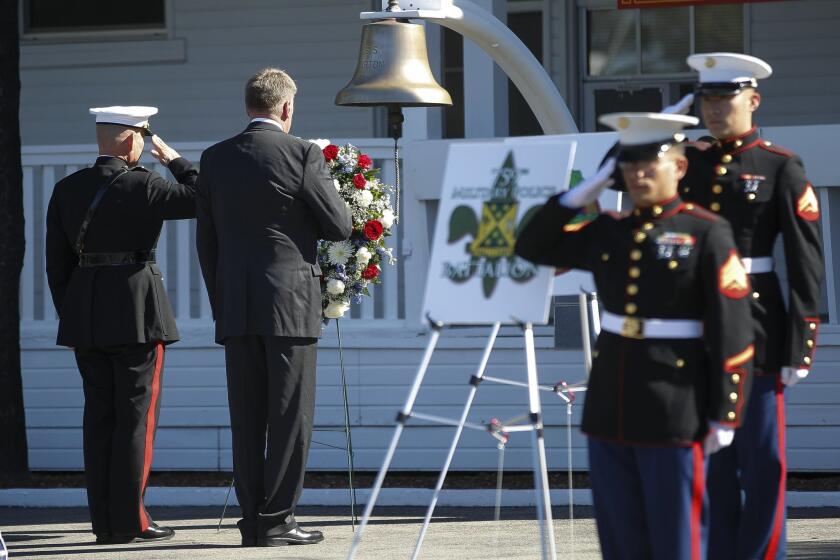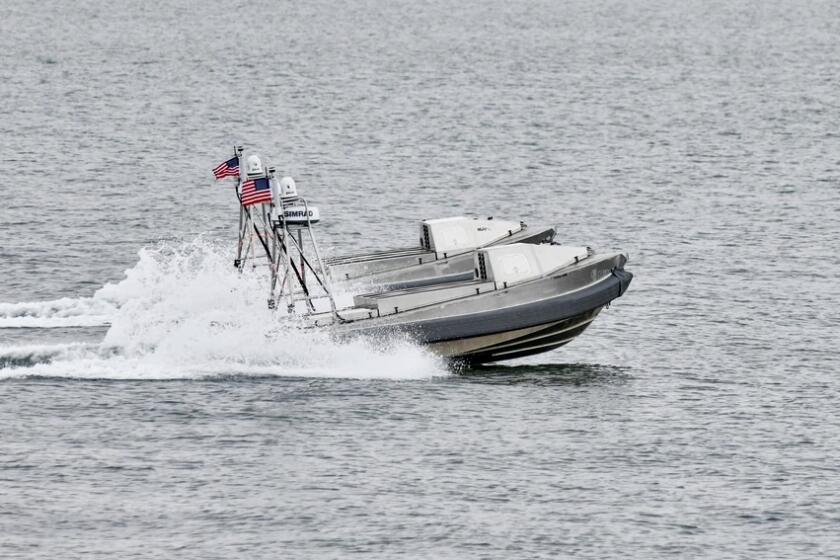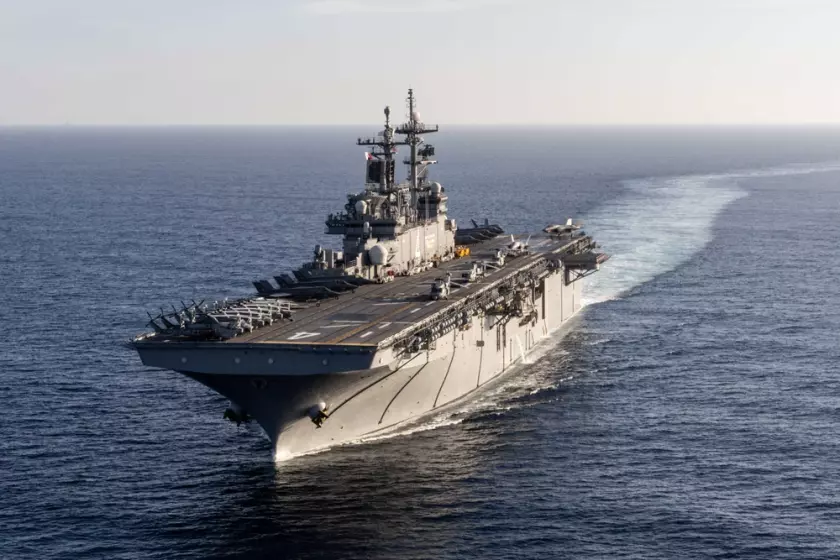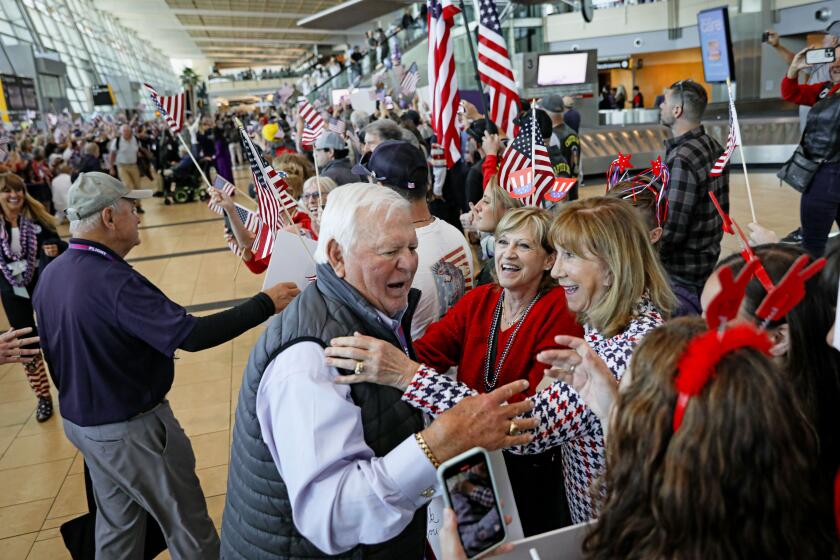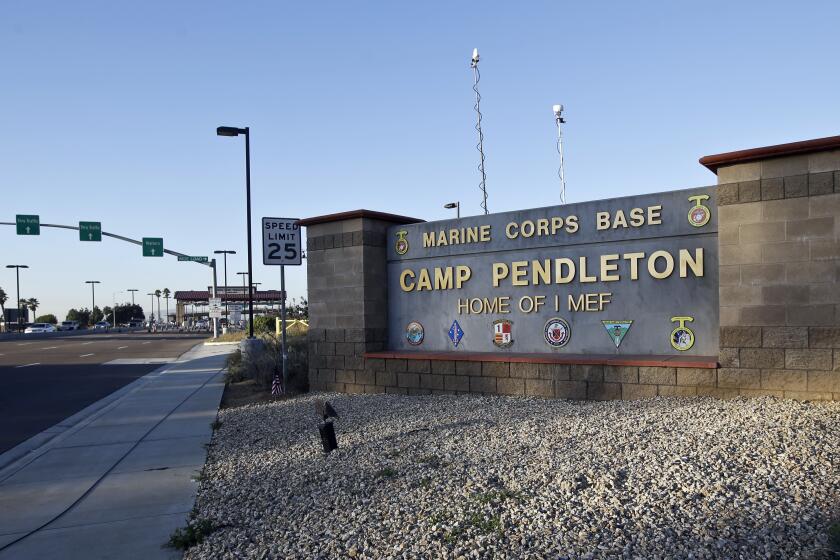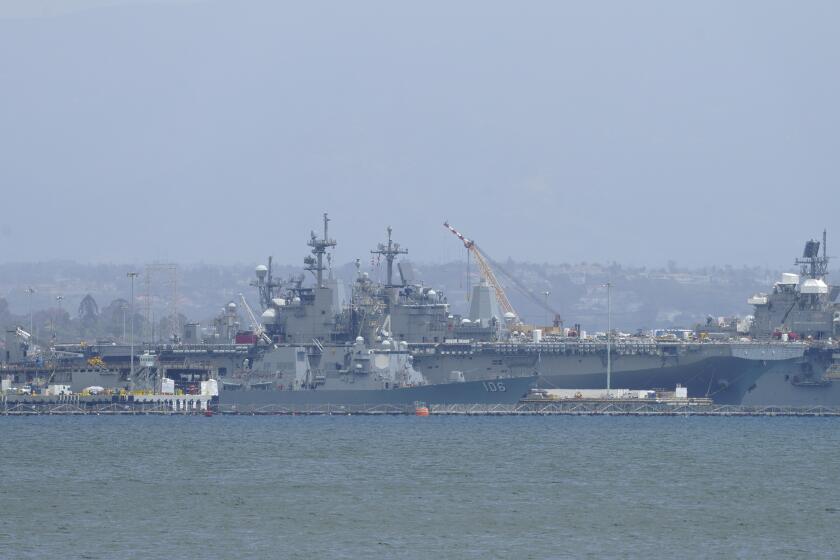McChrystal book details hunt for Al Qaeda in Iraq
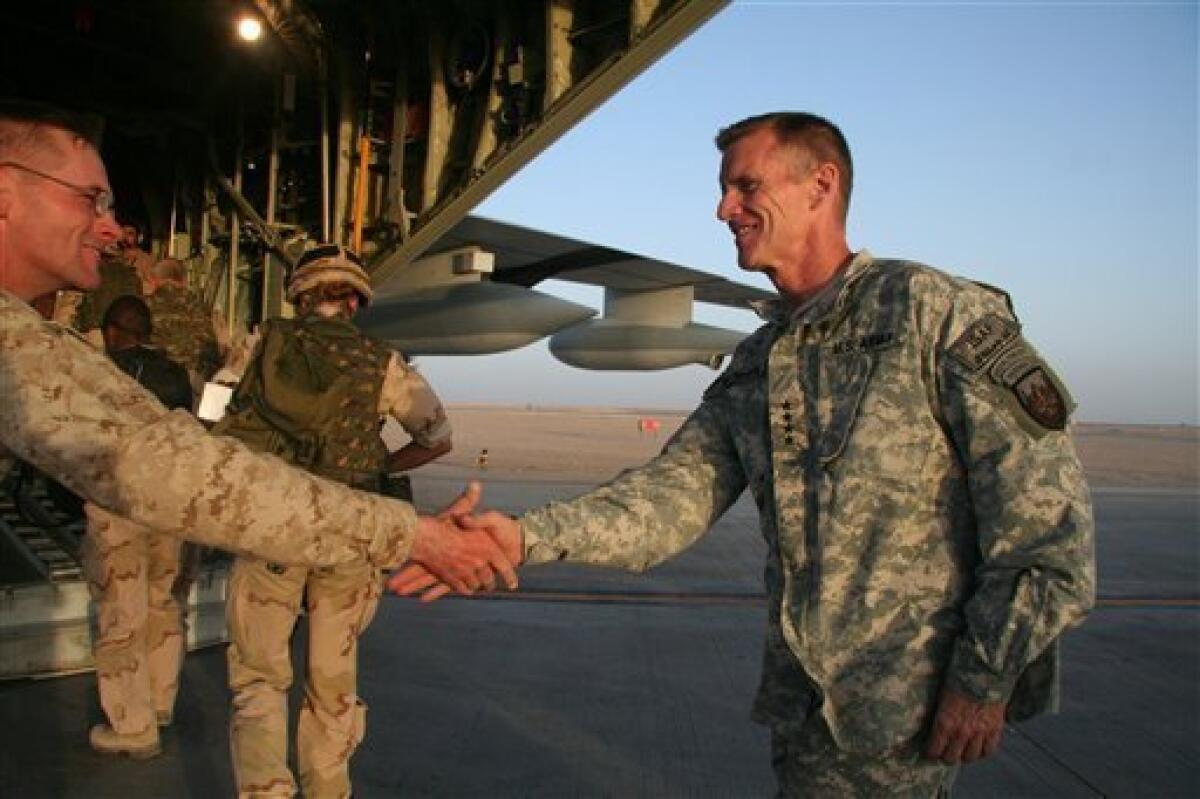
Army general unsparing about chaos, ineptitude of early war effort
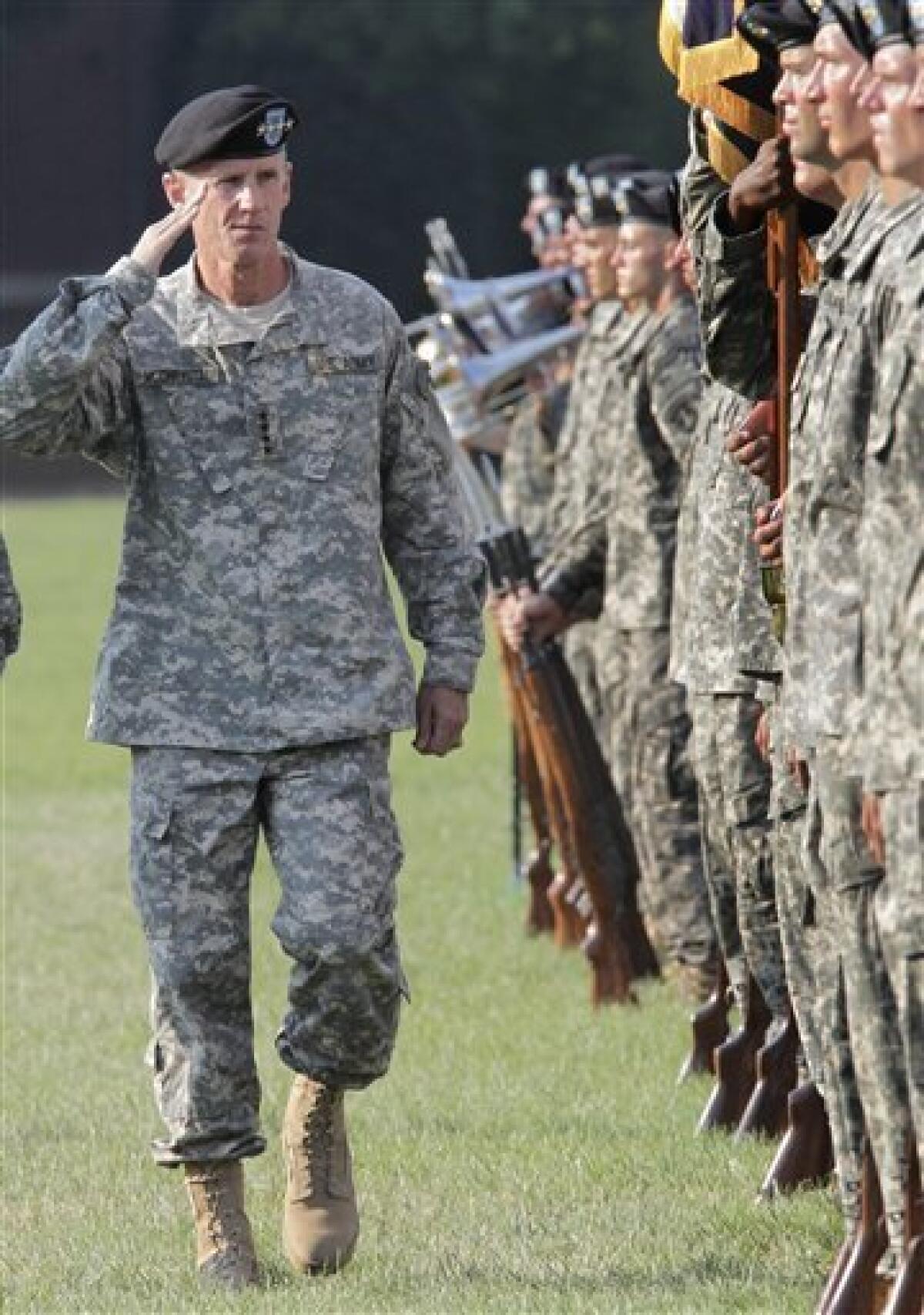
Gen. McChrystal on leadership:
“A leader decides to accept responsibility for others in a way that assumes stewardship of their hopes, their dreams, and sometimes their very lives. It can be a crushing burden, but I found it an indescribable honor.”
Stanley McChrystal’s memoir, “My Share of the Task,” jumped onto best-seller lists soon after its release in January. Many were curious about his abrupt exit as Afghanistan war commander in June 2010, when the Army general’s 34-year military career was snuffed by blowback from a Rolling Stone article.
McChrystal touches on the controversy over disparaging remarks he and his aides allegedly made about the president and his administration that prompted the Army general’s resignation.
A more substantial part of the book hangs on his years leading Joint Special Operations Command, the counterterrorism task force hunting Iraq’s most wanted, from former dictator Saddam Hussein to terrorists and insurgents who set up shop after the invasion.
Central to his tale is McChrystal’s buildup of Task Force 714, a network of elite special operators and more than a dozen agencies involved in the search for Abu Musab Al-Zarqawi.
The head of Al Qaeda in Iraq had a simple and ultimately effective strategy – torture and spectacular bombings killing crowds of Shiite civilians, to stoke the insurgency and a sectarian war. Heavy bloodshed for Iraqi civilians and American forces ensued.
McChrystal and his operators helped nab Hussein and kill Zarqawi, thanks to increasingly sophisticated use of drones, harvesting of intelligence and interagency cooperation.
The details of how they tracked their prey makes for an intriguing narrative, down to the key tip from a man whose funeral they thought they had observed.
But McChrystal’s revelations about the broader war effort are the sometimes stunning backdrop to the action.
Now, 10 years after ground forces rolled across the berm into Iraq on March 20, McChrystal’s intricate, unsparing account of the chaos, ineptitude and naivete of the American war effort in those early years is a sobering counterpoint to triumphant reprisals of the three-week invasion that toppled the Iraqi regime.
McChrystal does not gloss over his own contributions to fumbled war plans. For instance, he is tasked in the fall of 2002 with working with Defense Secretary Donald Rumsfeld’s staff to build a force of expat Iraqi fighters. Instead of the thousands expected, only 74 volunteer. After a $90 million investment, their service in Iraq was inconsequential.
“The inaccuracy of the Iraqi expatriatriates’ claims about their ability to marshal opposition to Saddam should have made us question their overall credibility,” he writes. A damning point considering the faulty reports of stockpiles of weapons of mass destruction used to sell Americans on the war.
Post-invasion elation sours amid looting, a growing resistance that blossoms into full-fledged insurgency and other miscalculations. The Coalition Provisional Authority trying to reconstruct the country and restore its sovereignty is staffed by “spectacularly unqualified” people, such as the 25-year-old with no financial credentials responsible for rebuilding the stock market.
McChrystal leaves the palace headquarters of the American-led coalition in October 2003 thinking “Holy (crap),” what a mess.
His memoir is historical scholarship, a poignant reminder of the deep sacrifices of military families and a primer as useful to business executives as military commanders on operating more efficiently — the focus of the Alexandria, Va.-based consulting firm, the McChrystal Group, he cofounded in 2011.
Although he makes cursory reference to it, his early exit from command in Afghanistan is the epitaph to his meditation on leadership.
When McChrystal realizes “unacceptable” statements have been attributed to his command team, he feels he is in a surreal dream. He goes for a run in the dark. He calls no one for advice. “Regardless of how I judged the story for fairness or accuracy, responsibility was mine,” he said.
“A leader decides to accept responsibility for others in a way that assumes stewardship of their hopes, their dreams, and sometimes their very lives. It can be a crushing burden, but I found it an indescribable honor.”
Get Essential San Diego, weekday mornings
Get top headlines from the Union-Tribune in your inbox weekday mornings, including top news, local, sports, business, entertainment and opinion.
You may occasionally receive promotional content from the San Diego Union-Tribune.

